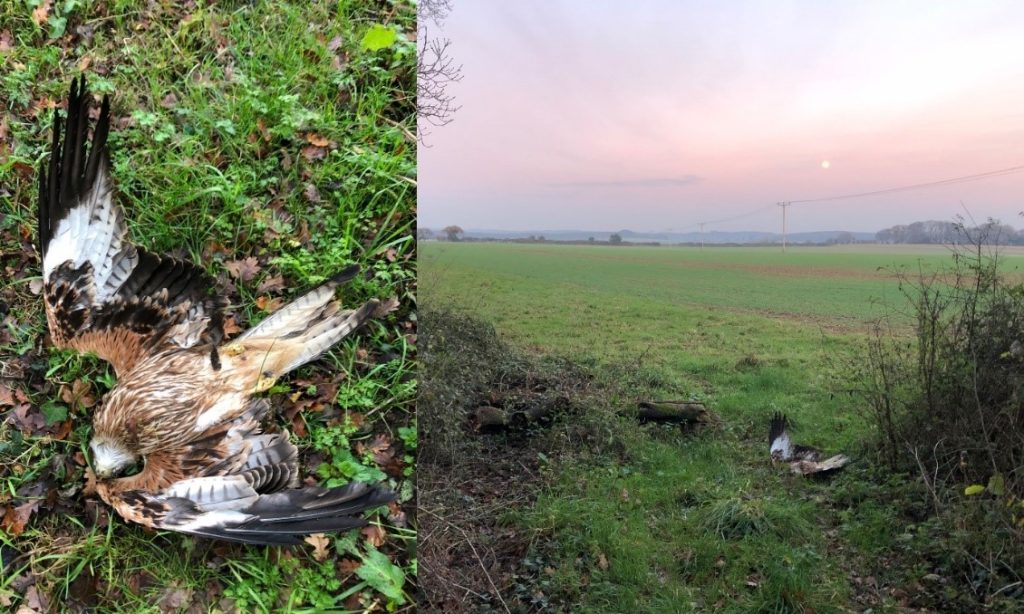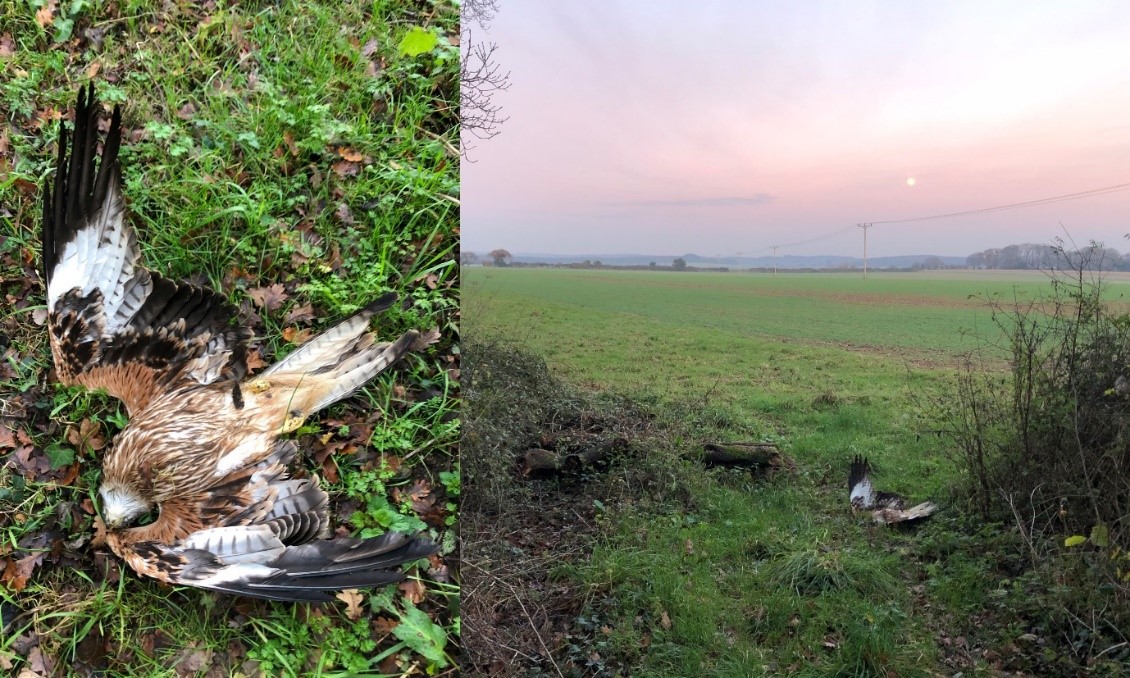
Rats Equipped with Miniature Vests Assist in Identifying and Tackling Illegal Wildlife Trade

### HeroRATs: The Unrecognized Heroes with Exceptional Sniffing Abilities
Historically, rats have been linked to negativity, especially in cities where their presence is frequently regarded as a significant public health issue. However, in Tanzania, these clever little creatures are changing perceptions by taking on life-saving responsibilities that could be vital for addressing some of the most urgent humanitarian and environmental problems worldwide. They are not just any rats; they are HeroRATs—meticulously trained animals endowed with an extraordinary olfactory sense and a noble goal of aiding global problem resolution. From locating landmines to detecting smuggled wildlife goods, these rats prove that beneficial contributions can come in small and unexpected forms.
#### What Are HeroRATs?
HeroRATs are specially trained rats, particularly African giant pouched rats, utilized in various humanitarian efforts. These tasks include landmine discovery, identifying tuberculosis, and combating wildlife trafficking, among others. Through the efforts of APOPO, a non-profit organization based in Tanzania, these rats are making remarkable contributions to global initiatives. APOPO’s mission highlights the potential of employing animals in creative yet practical ways to tackle challenges that may pose difficulties for humans and technology alone.
These animals—made even cuter by their custom-designed vests and backpacks—perform not just simple tasks. They are genuinely engaged in life-saving activities by assisting organizations and governments in managing complex issues in developing and conflict-affected regions.
#### The Impressive Olfactory Skills of Rats
Rats possess an exceptionally keen sense of smell, far surpassing that of humans and even many detection technologies. This natural talent makes them well-suited for various detection tasks. Their compact size allows them to effortlessly navigate tight spaces, while their low upkeep costs and longevity make them ideal candidates for organizations like APOPO that work within financial limitations. Yet, their most remarkable asset lies in their noses.
HeroRATs have played a crucial role in identifying landmines hidden in war-stricken fields in countries like Cambodia, Angola, and Mozambique. By meticulously sniffing out explosive substances, these rodents can locate landmines significantly faster and less expensively than conventional methods. Furthermore, since they are too light to detonate the mines, the dangers associated with their tasks are markedly reduced compared to human deminers.
APOPO has also harnessed these remarkable sniffers in combating tuberculosis (TB). In regions where diagnostic facilities are inaccurate or unavailable, HeroRATs have been trained to detect the TB scent in sputum samples. After they identify a positive sample, they notify their human handlers, offering a quick and economical diagnostic method in some of the world’s most impoverished areas.
#### HeroRATs in the Battle Against Wildlife Trafficking
The potential of HeroRATs continues to expand, as illustrated by recent studies exploring their significant role in combating illegal wildlife trafficking. A study published in *Frontiers in Conservation Science*, conducted by APOPO, evaluated the ability of HeroRATs to detect smuggled wildlife items, such as ivory and rhino horns, frequently trafficked through ports within shipping containers.
Eleven HeroRATs underwent specialized training to recognize wildlife contraband in a controlled setting. They first learned to associate the scent of illegal wildlife products, like elephant tusks, with a food reward. Their alertness is exceptional; they indicate to human handlers by pausing their nose near the detected item longer than usual. The rodents even wore custom-designed vests fitted with electronic microswitches to monitor how quickly they activated the detection signal in a simulated shipping environment.
The findings were encouraging, signaling a new chapter in the rats’ evolutionary purpose. Given their natural skills and diminutive size, HeroRATs can effortlessly maneuver through densely packed or sealed shipping containers, swiftly identifying concealed illegal wildlife goods without requiring complete unpacking. This versatility makes them invaluable assets to conservation efforts, especially in the ongoing battle against illicit wildlife trade.
#### Technology Meets Biology: Innovative Vests and Backpacks
One of the distinctive elements of the HeroRAT training program has been the innovation of tailored equipment like vests and miniature backpacks. These tools serve both practical and charming roles. Fitted with sensors, the vests enable HeroRAT handlers to remotely monitor the rats’ effectiveness as they identify various illegal products.
Dr. Kate Webb, a co-author of the wildlife smuggling detection study, emphasized the varied scenarios in which this equipment could be utilized, ranging from shipping ports to multitask detection environments. “The vests exemplify the development of hardware that could be beneficial across different contexts and operations,” she notes, suggesting that with advances in technology, the remarkable abilities of these intelligent animals will continue to grow.
#### The Wider Impact
APOPO’s programs involving HeroRATs are transforming perspectives on their contributions.